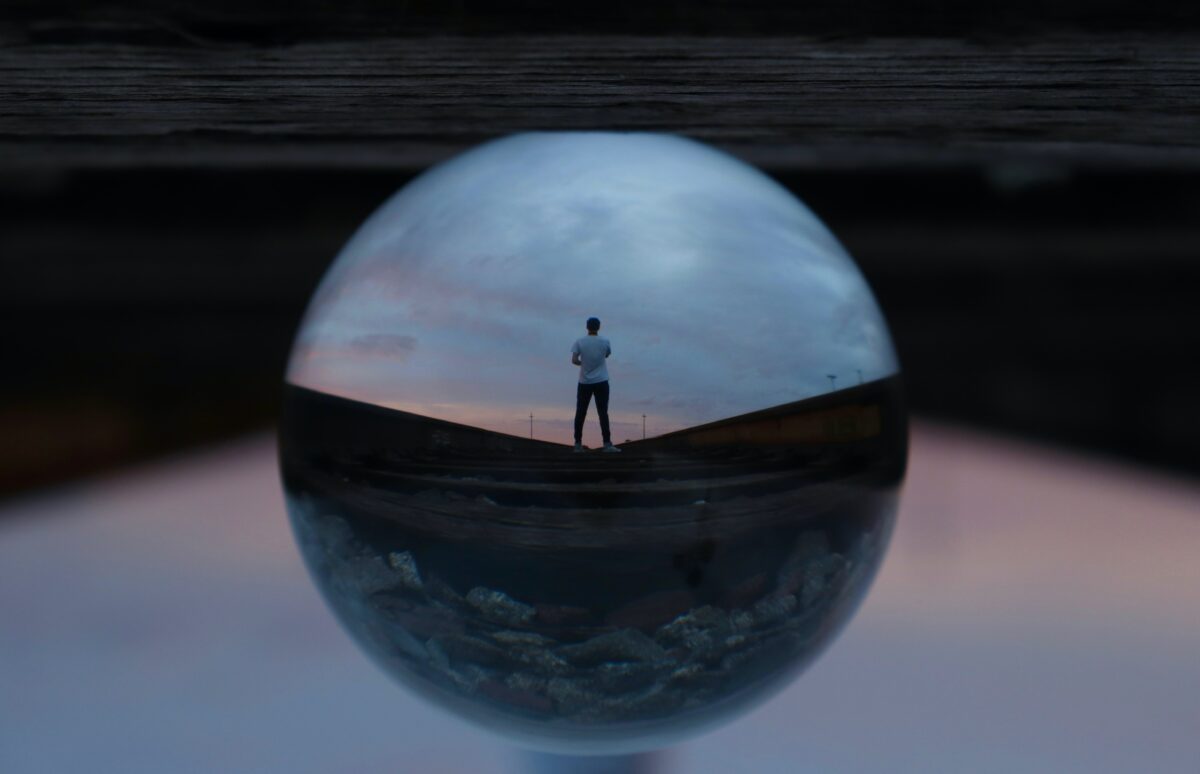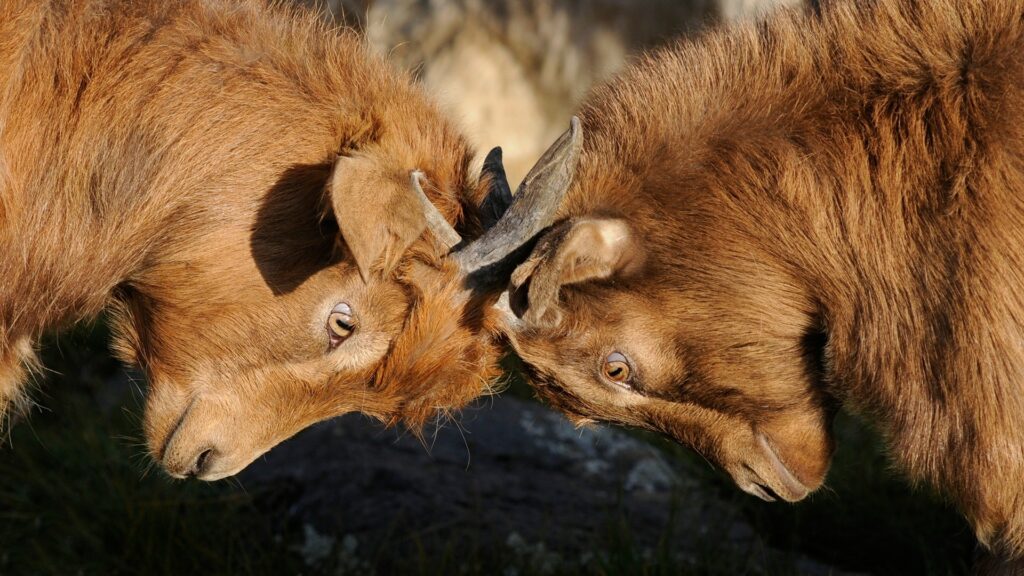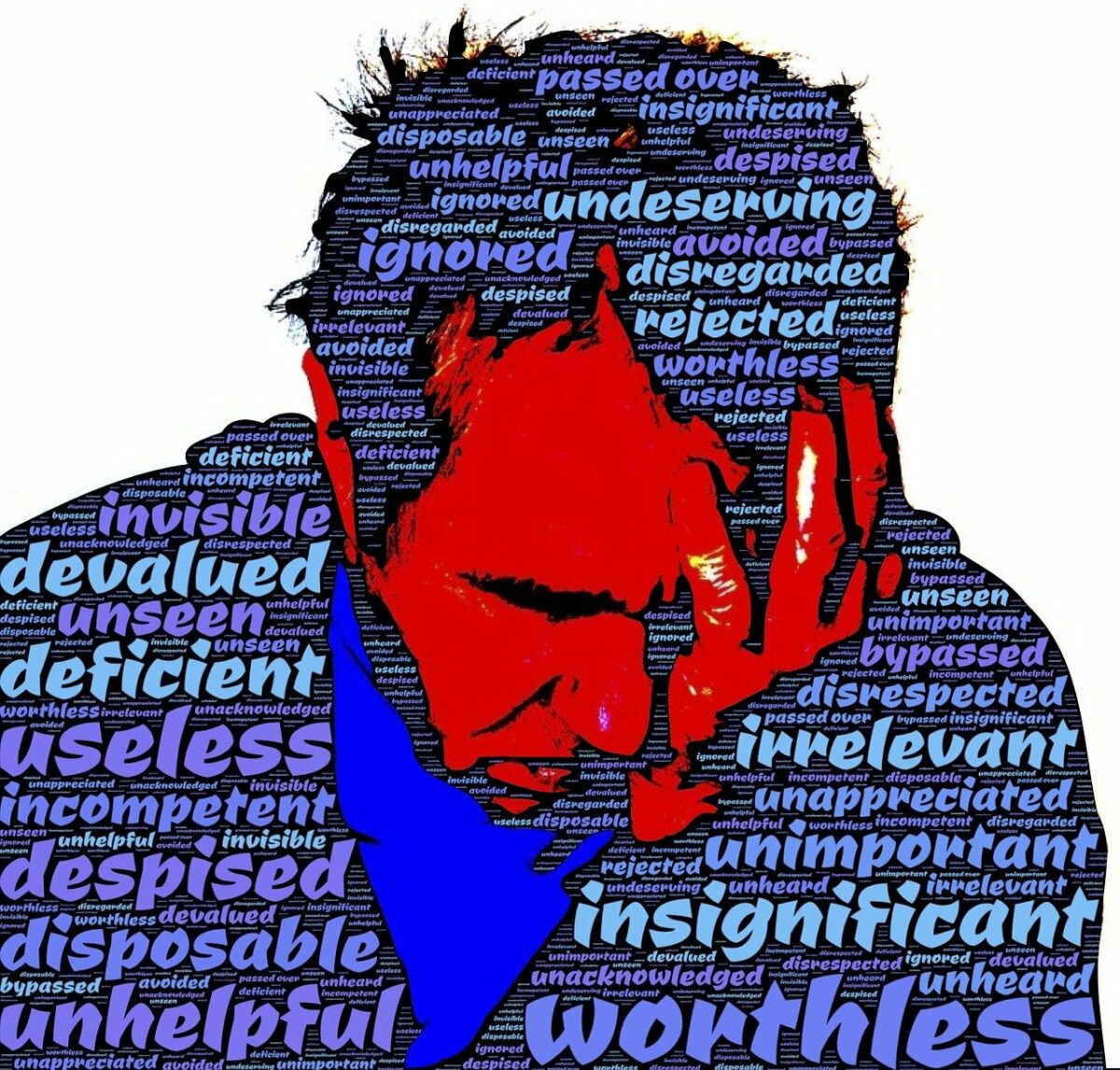Throughout the ages, people have wondered about the basic state of human nature—whether we are good or evil, altruistic, or selfish. This question has been tackled by thinkers and philosophers. There is a long debate on whether we are inclined to act cooperatively or we are selfish creatures?
Some religious-philosophical schools of thought proclaim that all people are selfish, saved only through the power of divine intervention. Some argue that humans were savagely self-centered by nature and cannot be changed. On the other hand, some philosophers maintained that people were born good, instinctively concerned with the welfare of others.
Humans are selfish. It’s so easy to say. The same goes for so many invalid ideas that follow. Greed is good. competition is natural, war is inevitable, we are doomed, and so on…
Now, coming to reality, recent findings of human nature in the philosophy of coexistence prove that Human beings are inherently good and want to be in order and harmony. If a human being does act in inhumane ways, it is the result of wrong beliefs instilled in him through culture and education.
Beliefs are powerful, they are the cause of inhuman acts, which are justified by human beings. That trend is continuing in this world where inhuman acts are being justified. That is because of wrong beliefs in the name of religion, sex, customs, ethnicity, and many other belief systems that have been entrenched as reality. Changing them or challenging them can be a very simple shift in thought processes having far-reaching impacts.
The individual conscience of every human being wants to be true, just, and fair. Even the worst of the human beings that you can think of are endowed with these traits. The quest for being treated humanly is uniform with everyone on this planet.

Cruelty by nature is not a human trait. In reality, this is nonexistent. When culture because of improper understanding does handout cruelty as a way of life human beings feel bad from the inside and over a period of time a few generations get rid of that practice.
Understanding the human values and human way to behave with oneself, with other human beings with nature including animals, plants, and the matter is the knowledge. Here are 5 truths that will help you see the Human creature from a 360-degree perspective:
- You’re not here for long: You are a combination of the material physical body and the conscious soul (atom of life.). You adopt a body to experience the existential reality and have blissful interaction with other souls. Your earthly identity as a person in this bodily journey is only for this lifetime. The name and identity given to you by society are temporary. However, essentially you are the permanent transcendental soul or life-atom. You will continue to take different bodies in different births to experience reality and blissful interactions.
- Benevolent Human Nature: We can find many instances where IGNORANCE and WRONG UNDERSTANDING OF REALITY leads to inhuman behavior and everyone repents all his inhuman acts when he knows death is round the corner.
In Bronnie Ware’s book “The Top 5 regrets of the dying”, she describes the biggest 5 kinds of regrets of the dying as witnessed by her: the main regret of the dying
1. I wish I’d dared to live a life true to myself, not the life others expected of me.
2. I wish I hadn’t worked so hard.
3. I wish I’d dared to express my feelings.
4. I wish I had stayed in touch with my friends.
5. I wish that I had let myself be happier.
Inherently every human being is fair, just, and wants to understand existence. Society and culture have not been able to educate a way of life that aligns with innate human characteristics of justice, truth, and harmonious existence. One grows up to be an adult with education and society teaches him. He accepts everything taught to be true and tries living only to find those teachings contrary to his native inborn instincts. Before the event of death, he regrets all such deeds and it is something that everyone should validate and gain more information about. - The three kinds of Rules: To understand human nature, it’s important to understand the existential rules driving human beings. From a complete 360 degree holistic perspective, existence has only three kinds of rules. All phenomena in this existence fall under either of these rules. There are three kinds of rules described below:
A. Physicochemical Rules– Matter is always energized by the morphic field that just exists with no change. The matter is permanently in motion even when stationary and changes keep happening. At the root of the same are the atoms who change by either accepting electrons or sending them out. All this happens only in the outermost circumference of the atomic structure.
B. Social Rules– These are man-made rules to have a social order. These rules can be changed whenever needed. The collective social beliefs that are inhuman and against natural order are the ones that need to be corrected.
C. Universal Existential Rules– These are omnipresent universal rules that govern both matter and consciousness. The essential interconnectedness, the Impact of everything on everything else is what best describes these kinds of rules. The exchange of human thoughts and concepts is also governed by these rules. These rules are of indivisibly connected expanse that soaks into, engulfs, surrounds, and energizes everything. For example, the sadness/happiness of one human being automatically saddens or delights another human being. This is because of the all-pervading energy within which human beings and everything else remains interconnected at all times. Existence is coexistence and nothing can exist in isolation.
- Symbols and Metaphysical Reality: For a long time humanity has valued symbols and concepts over the real substance behind them. From national, political, and ideological symbols to logos of popular brands and social media avatars, human beings out of their ignorance have started to worship these symbols. So much so that these symbols are valued more than human beings themselves.
- Shared Reality: All social interaction, be it positive or negative, creates bonds between people, adding to the transactive memory ( the group mind). Transactive memory is the memory system where human beings collectively store and retrieve information. It is a shared Cloud Knowledge base. This knowledge base provides members of the human species with the knowledge that no individual could access on their own. This memory creates a shared reality for all.
The transactive memory or shared reality created by the coexistence of the body and the soul produces positive or negative energy/thoughts. Whatever one does will remain in the tradition and culture for others to carry the legacy. It becomes each human beings’ duty to leave a good legacy. This is the simple and only purpose of human existence.

Popular Belief: Human Beings are born evil and selfish.
Supported by: This article by the guardian shares some vague and incomplete ideas about human nature, based on flawed interpretations of the studies done by researchers
Existential Reality Check: Human beings are inherently good and not evil. A human being acting badly is the result of wrong societal conditioning imparted through culture and education. Humans do things as per their narrow understanding of the subjects. As a holistic view of life and existence is achieved, life will not be painful. To achieve that perception needs to be aligned with existential reality.
All beliefs and preconceptions need to be verified and validated. Do away with all your false beliefs and you will be able to observe and experience life in its totality.




